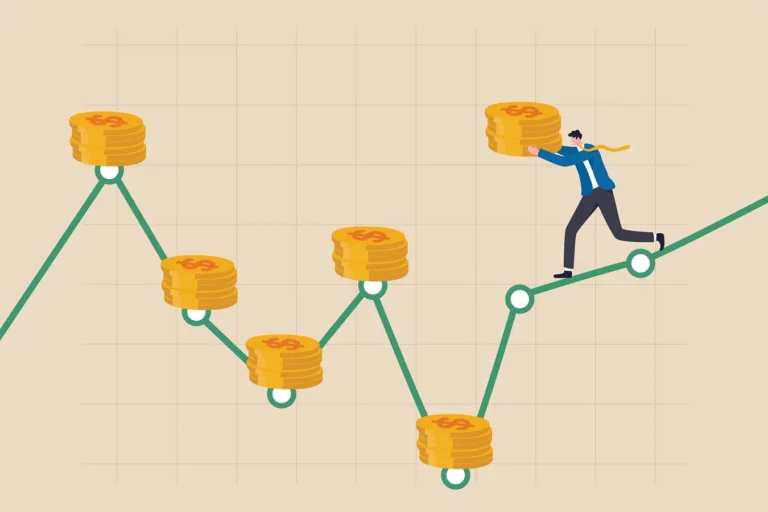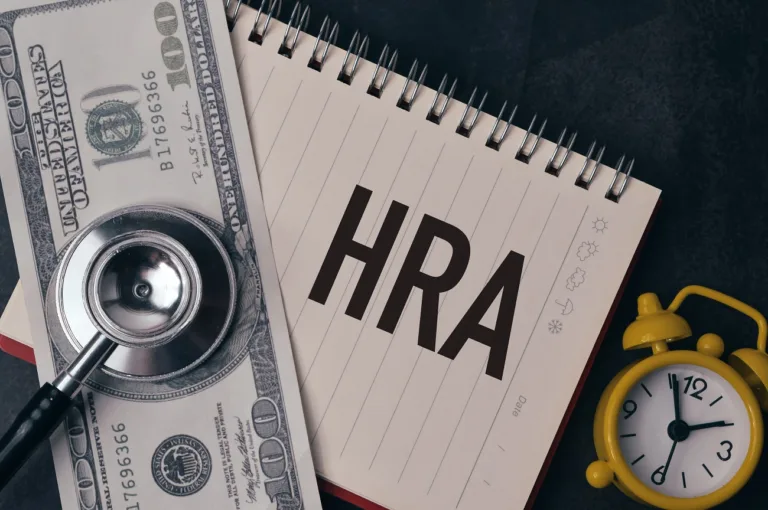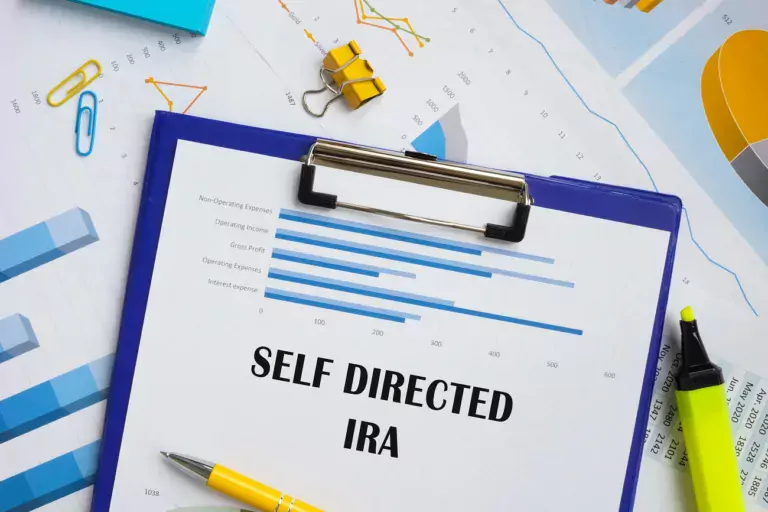
Money Girl
From credit, to taxes, to retirement, to insurance – Money Girl makes money simple so you rule your finances, pay down your debt, make smart investment decisions, and have a richer life.
Listen Now
More From Money Girl
Whether you’re a Bitcoin enthusiast, believe it’s a scam, or aren’t sure what to think about cryptocurrency, it’s wise to lear...
A Money Girl listener named Eric says, “I really appreciate listening to your show and all the great information you give. I have a question reg...
A Money Girl listener says, “Hi Laura, my name is Hannah, and I’m from the great state of Maine. I was wondering if you could talk about h...
From expensive over-the-counter medications to prescription drugs to high copayments when you see the doctor, healthcare costs can take a massive bite...
Regularly investing using one or more tax-advantaged retirement accounts is wise if you want a financially comfortable retirement. I’m a big fan...
“Hi Laura, my name is Stephanie. I love what you do with the podcast, and I’ve been a listener for the past few years. My question is how ...
If you own or lease a vehicle, every state requires you to have some amount of auto insurance. Even if you don’t own a car but occasionally driv...
Raising financially independent adults involves more than just handing out money or funding their education. It’s about providing them with esse...
One of my students, Darla M., eloquently put, “Your zombie debt information is fascinating. I loved this course and crave to learn more.” ...
Introduction to self-directed IRAs If you’re considering opening a retirement account or have already been shopping for one, you’ve probab...
About

From credit, to taxes, to retirement, to insurance – Money Girl makes money simple so you rule your finances, pay down your debt, make smart investment decisions, and have a richer life.
















